Google and Microsoft's staggering electricity consumption was greater than 100 countries in 2023 — and in the age of generative AI, experts say it’s only going to increase
Spiraling data center energy demands on the back of generative AI are largely to blame for the figures
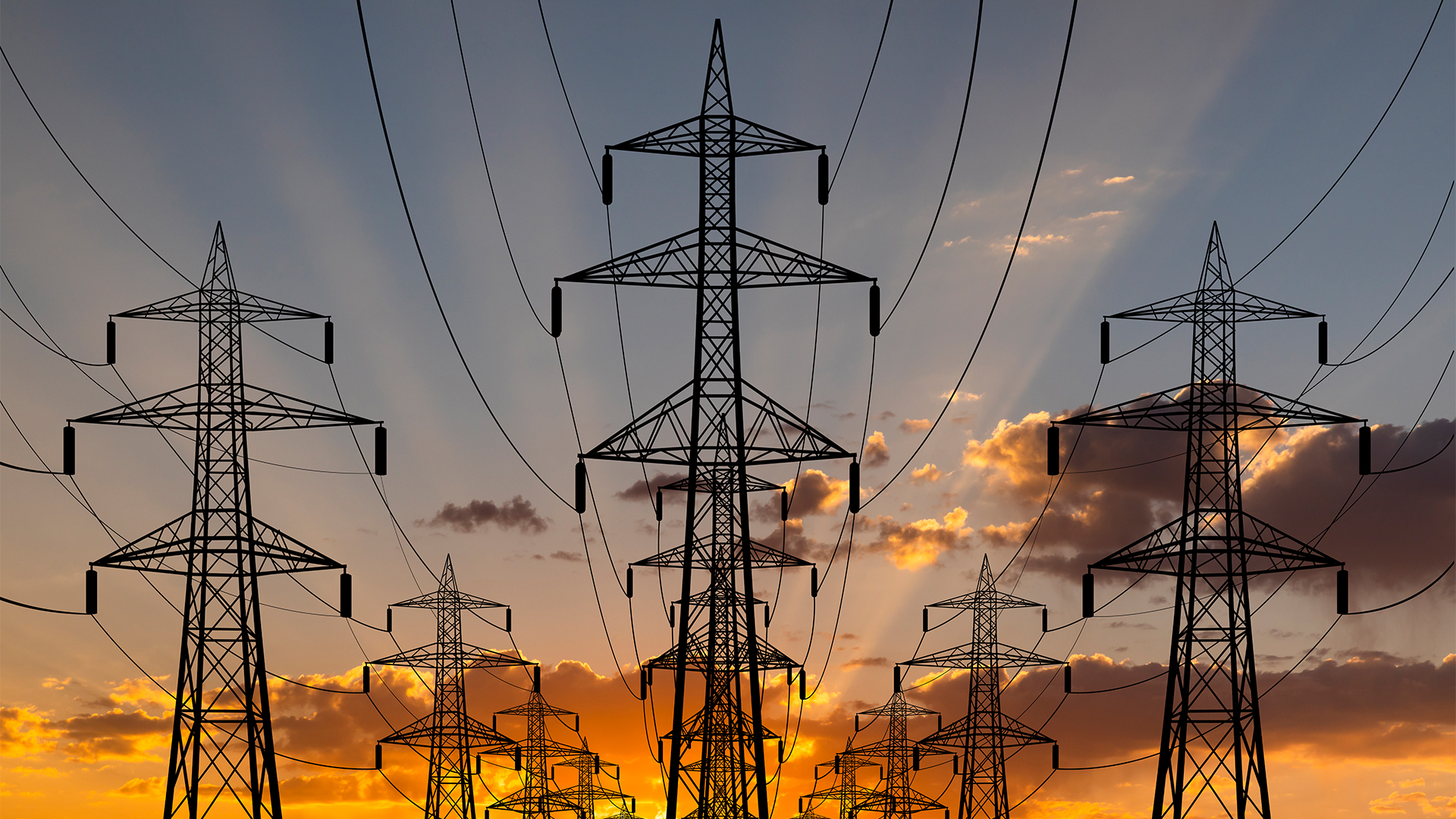

Skyrocketing electricity consumption at Google and Microsoft puts the duo ahead of over 100 countries, according to an X post by journalist Michael Thomas which features a startling infographic.
The post states that Microsoft and Google both consumed 24 TWh of electricity each throughout 2023, putting them at a greater level of electricity consumption than a whole host of nations.
The two hyperscalers out-consumed Jordan, Iceland, Ghana, Tunisia, and the Dominican Republic, while only coming in narrowly behind the likes of Slovakia and Libya, the latter of which has a population of nearly 7 million.
Power consumption has been on a drastic uptick for some time now, with some of the most recent reports indicating that nearly a tenth (9%) of the US’ total energy consumption could be made up by data centers by 2030.
Other research from the European Commission has estimated that global electricity consumption will have increased 60% by 2030, posing challenges in light of growing demand.
“Data centers require an incredible amount of energy to operate,” Rosanne Kincaid-Smith, COO at Northern Data Group, told ITPro.
Kincaid-Smith noted that while they currently account for around 1.5% of global energy consumption, citing research from the World Economic Forum (WEF), this is a figure that will “only increase.”
Get the ITPro daily newsletter
Sign up today and you will receive a free copy of our Future Focus 2025 report - the leading guidance on AI, cybersecurity and other IT challenges as per 700+ senior executives
Ireland, which sits 7 TWh ahead of Microsoft and Google in terms of 2023 energy consumption, is a shocking example of growing electricity use.
Data centers in Ireland constituted 21% of the country's electricity consumption in 2023 according to the country's Central Statistics Office. Data centers in the country consumed more than urban dwellings, analysis shows
Big tech energy consumption in the spotlight
As two of the biggest names in tech, Microsoft and Google are at the center of this conversation. The two firms’ electricity consumption is a key factor in this global increase, which now puts them among the international rankings of countries.
“These companies face mounting pressure to reduce their carbon footprint and meet neutrality targets,” Julien Deconinck, Managing Director at investment bank DAI Magister, told ITPro.
“Achieving these targets won’t be easy because increasing demand for AI applications could negate any gains in energy efficiency made by using AI, potentially leading to a net increase in energy use,” he added.
Earlier this year, Microsoft revealed its carbon emissions surged by 29% according to a report commissioned by the firm. This, unsurprisingly, came off the back of concerted data center construction efforts due to the insatiable enterprise demand for generative AI services.
RELATED WHITEPAPER
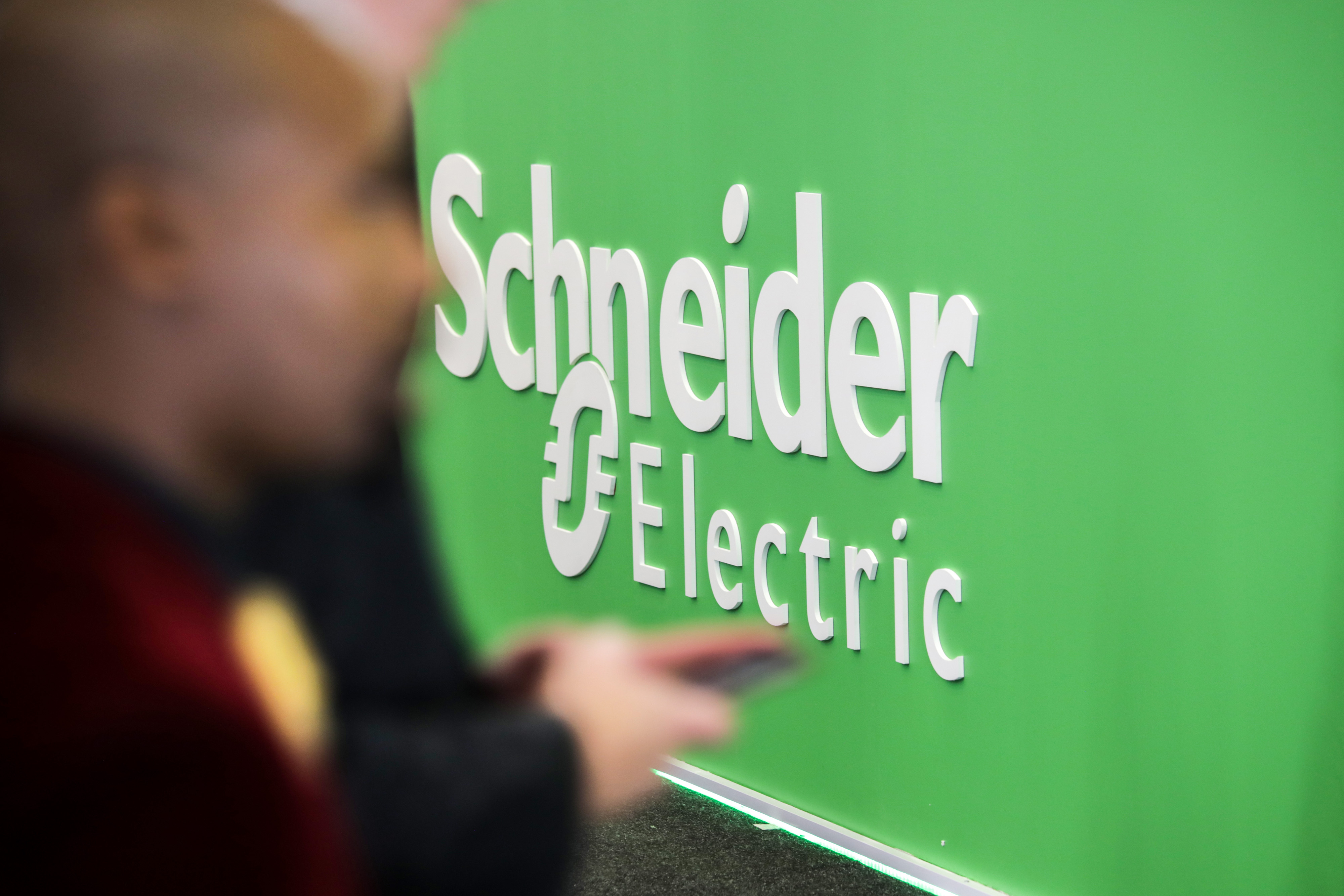
The situation for Google is much the same, with the firm's greenhouse gas emissions having increased by nearly half in five years in a major blow to the company’s sustainability efforts.
“Companies should be building partnerships with peers who understand the potential benefits of renewable energy and sustainability solutions. They also need to consider the impact of the hardware and infrastructure over its entire lifecycle,” Kincaid-Smith said.
Kincaid-Smith also put some of the responsibility on to the customers of big tech firms such as Google and Microsoft, stating that “business customers must make sure their providers are easing, rather than exacerbating, the sustainability challenge.”
Deconinck also added that certain technological advancements are already helping to drive down energy consumption, such as “cooling systems and energy-efficient hardware” to help drive efficiency in data centers.

George Fitzmaurice is a former Staff Writer at ITPro and ChannelPro, with a particular interest in AI regulation, data legislation, and market development. After graduating from the University of Oxford with a degree in English Language and Literature, he undertook an internship at the New Statesman before starting at ITPro. Outside of the office, George is both an aspiring musician and an avid reader.
-
 Cleo attack victim list grows as Hertz confirms customer data stolen
Cleo attack victim list grows as Hertz confirms customer data stolenNews Hertz has confirmed it suffered a data breach as a result of the Cleo zero-day vulnerability in late 2024, with the car rental giant warning that customer data was stolen.
By Ross Kelly
-
 Lateral moves in tech: Why leaders should support employee mobility
Lateral moves in tech: Why leaders should support employee mobilityIn-depth Encouraging staff to switch roles can have long-term benefits for skills in the tech sector
By Keri Allan
-
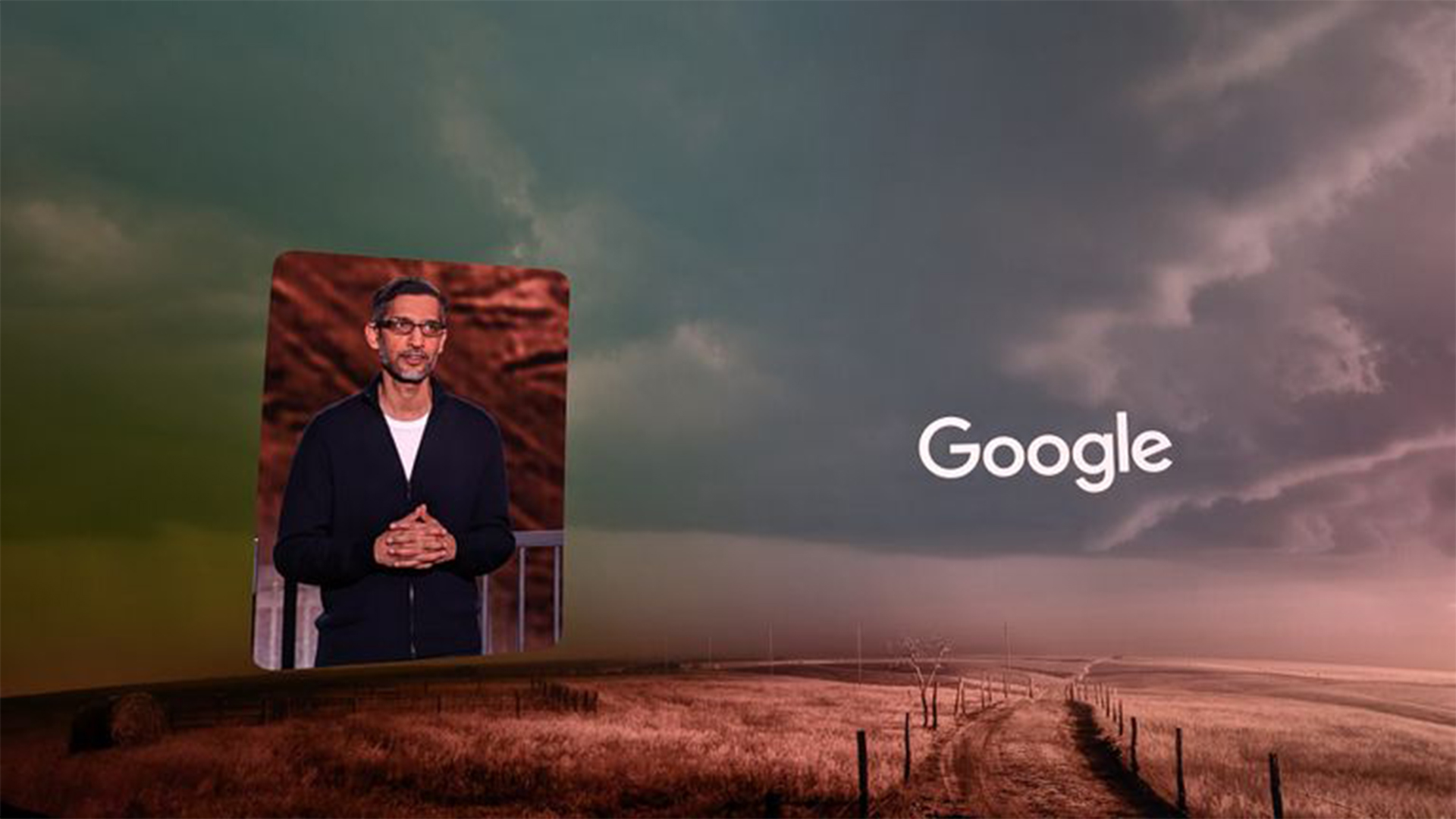 Google shakes off tariff concerns to push on with $75 billion AI spending plans – but analysts warn rising infrastructure costs will send cloud prices sky high
Google shakes off tariff concerns to push on with $75 billion AI spending plans – but analysts warn rising infrastructure costs will send cloud prices sky highNews Google CEO Sundar Pichai has confirmed the company will still spend $75 billion on building out data centers despite economic concerns in the wake of US tariffs.
By Nicole Kobie
-
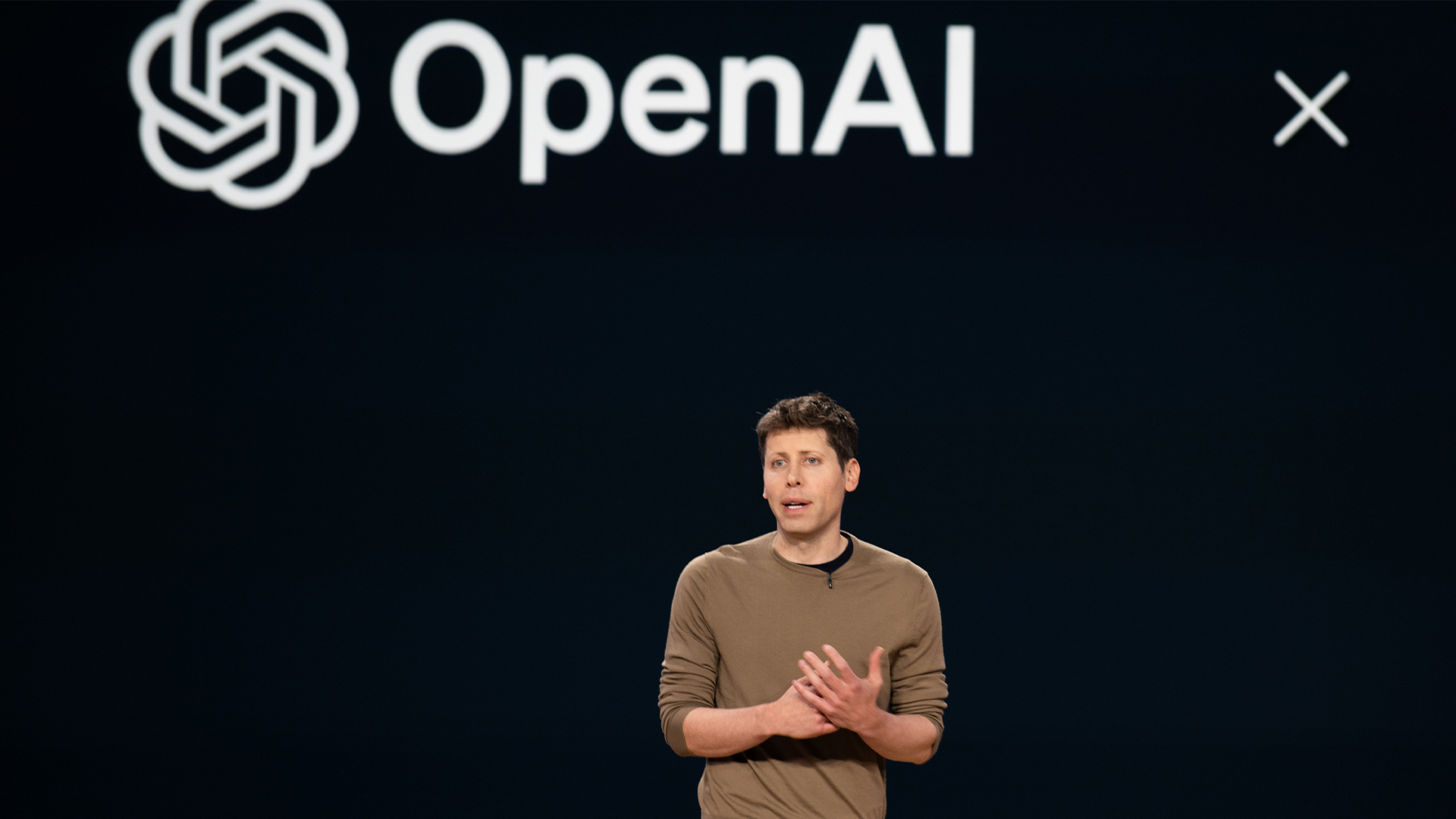 OpenAI inks $12bn CoreWeave deal in latest move away from Microsoft
OpenAI inks $12bn CoreWeave deal in latest move away from MicrosoftNews Cloud infrastructure company CoreWeave will supply OpenAI with infrastructure to run the firm's latest models in a deal worth nearly $12 billion.
By Nicole Kobie
-
 Analysts think Microsoft's data center rollback is bad news for the AI boom – but the company says not to worry
Analysts think Microsoft's data center rollback is bad news for the AI boom – but the company says not to worryNews Microsoft has reportedly ended leases for a significant amount of data center capacity, sparking debate over whether the AI boom is starting to falter.
By Nicole Kobie
-
 Microsoft invests $700 million to bolster cybersecurity and infrastructure in Poland
Microsoft invests $700 million to bolster cybersecurity and infrastructure in PolandNews Microsoft has announced plans to invest more than $700 million to support AI and cloud infrastructure expansion in Poland alongside cybersecurity support.
By Emma Woollacott
-
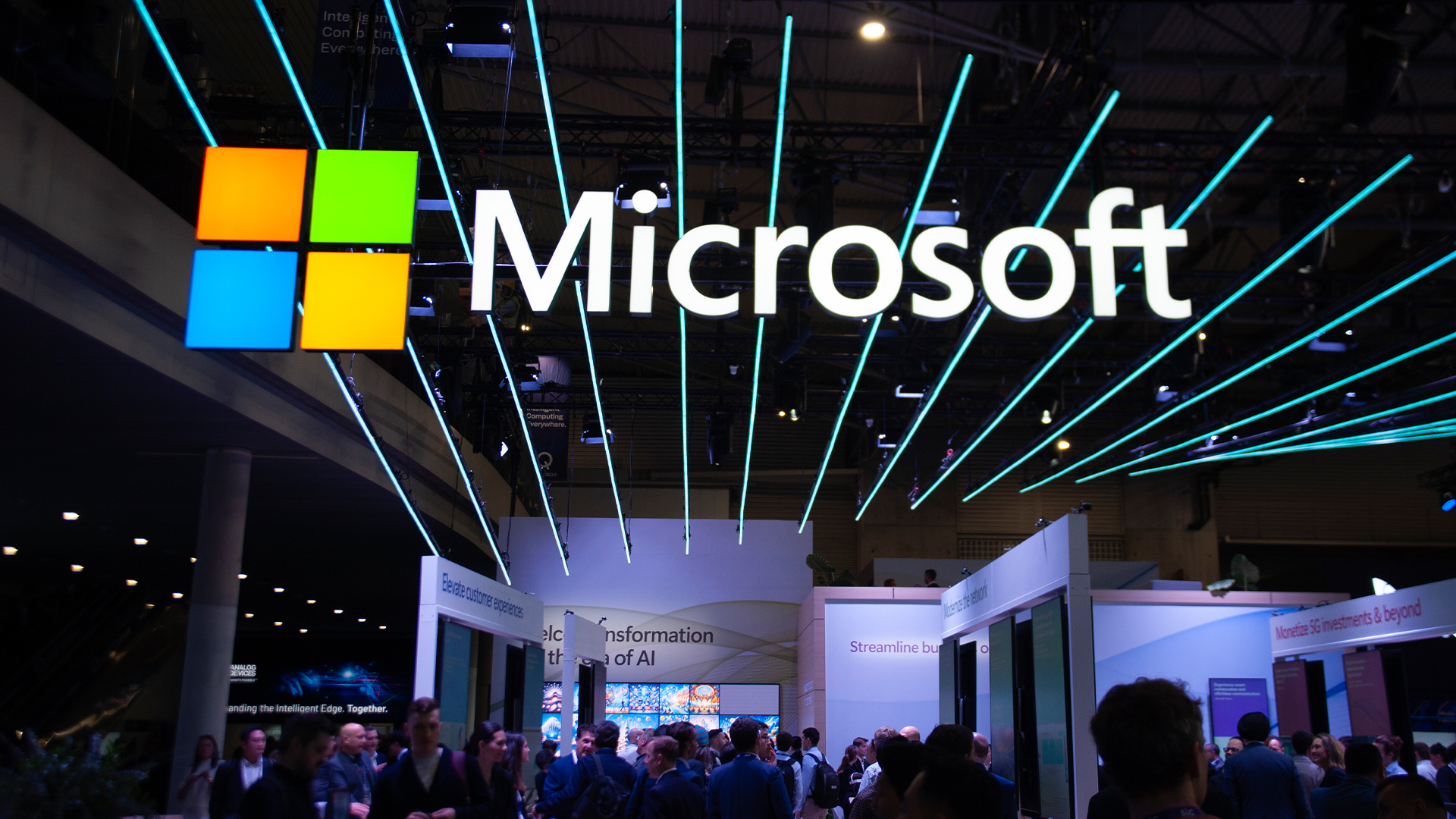 Data center water consumption is skyrocketing, but Microsoft thinks it has a solution – the company's new closed-loop cooling system consumes zero water and could save millions of liters per year
Data center water consumption is skyrocketing, but Microsoft thinks it has a solution – the company's new closed-loop cooling system consumes zero water and could save millions of liters per yearNews Microsoft has revealed fresh details on its 'closed-loop' data center cooling system, which it says uses zero water.
By Solomon Klappholz
-
 Meta wants to join the big tech nuclear club
Meta wants to join the big tech nuclear clubNews Meta has become the latest big tech company to explore the use of nuclear energy to power data centers.
By Nicole Kobie
-
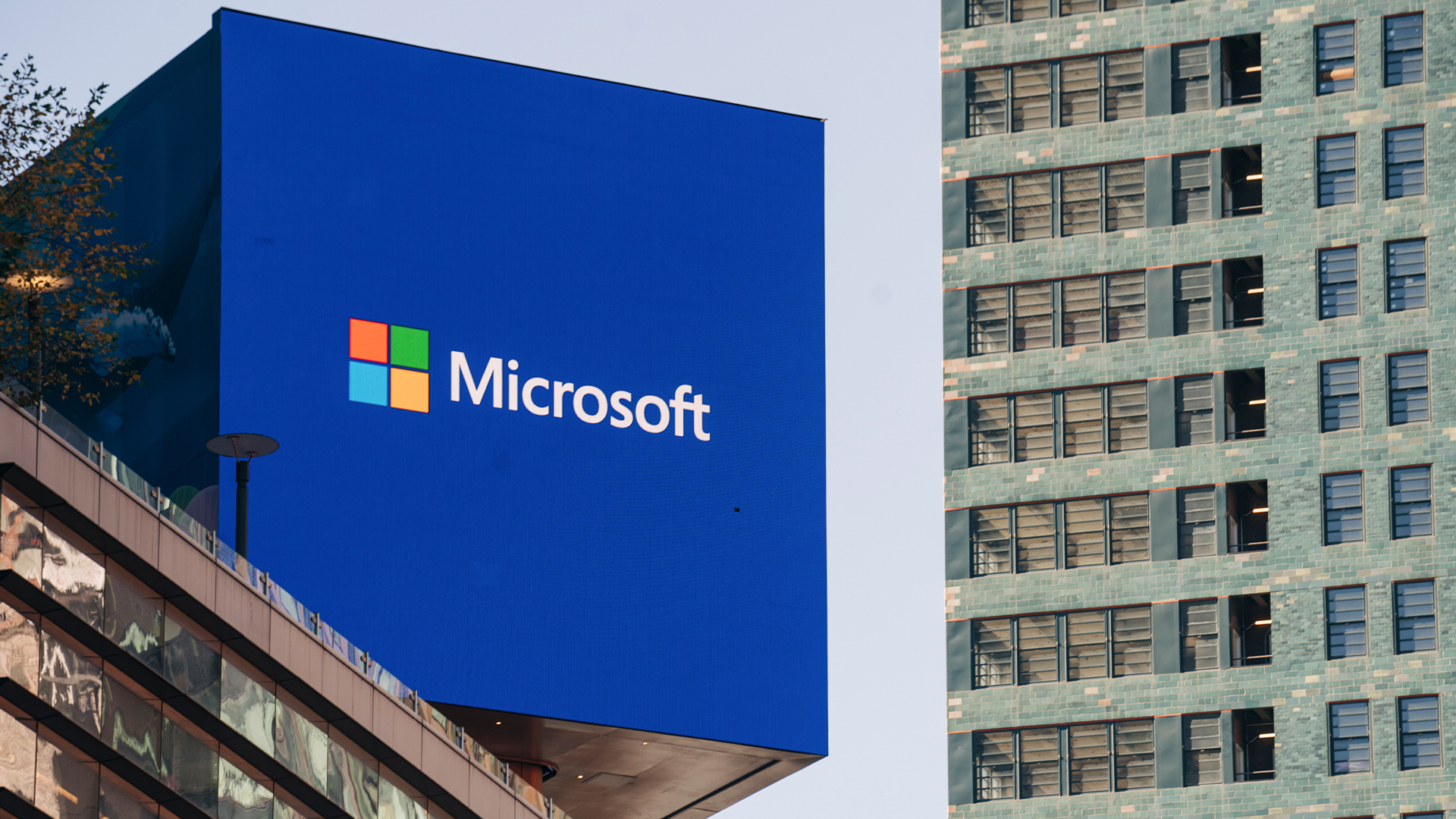 Microsoft admits users received unexpected upgrades to Windows Server 2025
Microsoft admits users received unexpected upgrades to Windows Server 2025News Admins spotted last week that Windows Server 2022 had suddenly become 2025
By Nicole Kobie
-
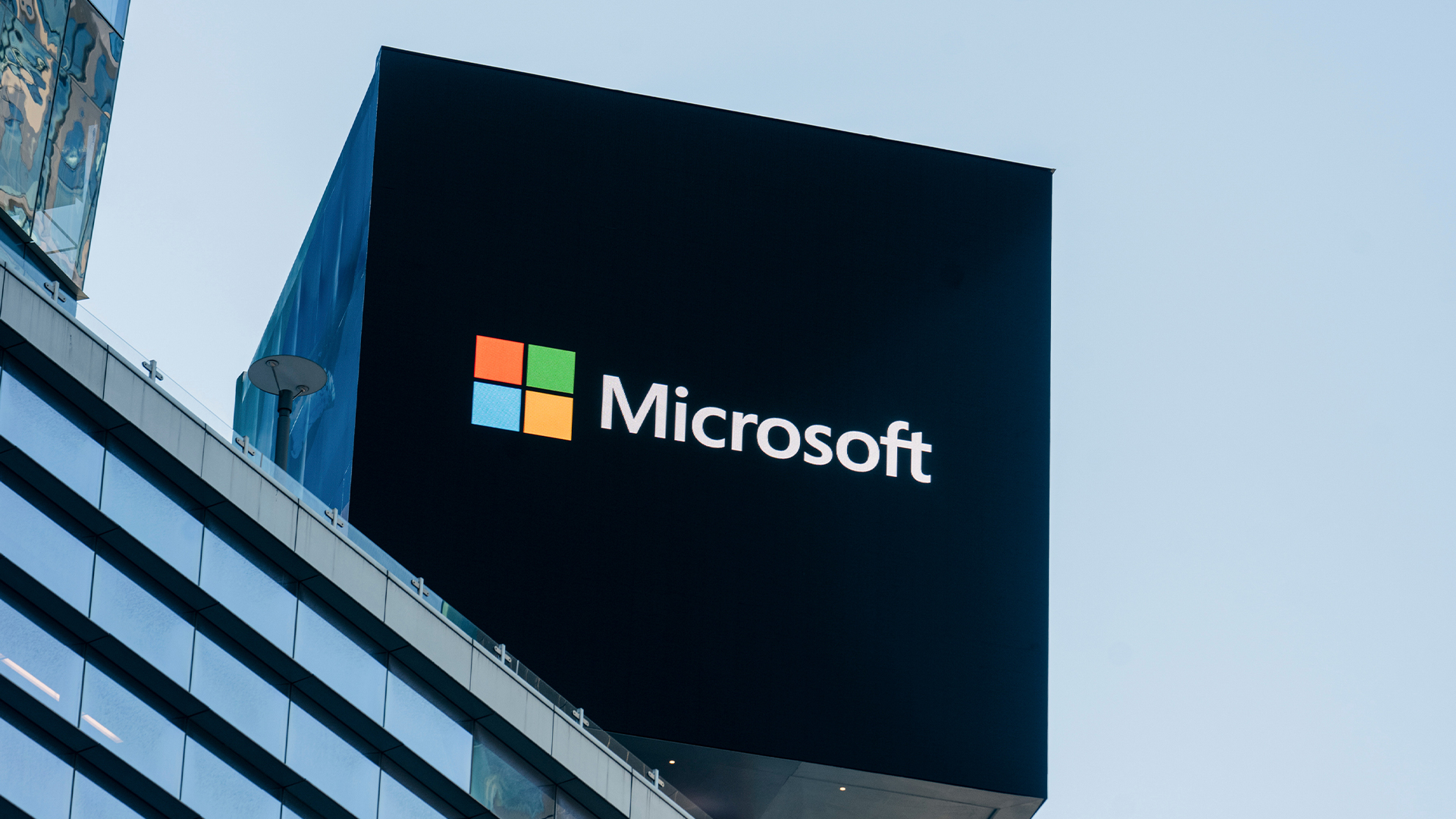 Windows Server 2025 is now available – but Microsoft warns admins to watch out for three major bugs, including one that causes the dreaded blue screen of death
Windows Server 2025 is now available – but Microsoft warns admins to watch out for three major bugs, including one that causes the dreaded blue screen of deathNews Microsoft promises security, performance, and cloud agility upgrades for Windows Server 2025 — but bugs ruin the party
By Nicole Kobie